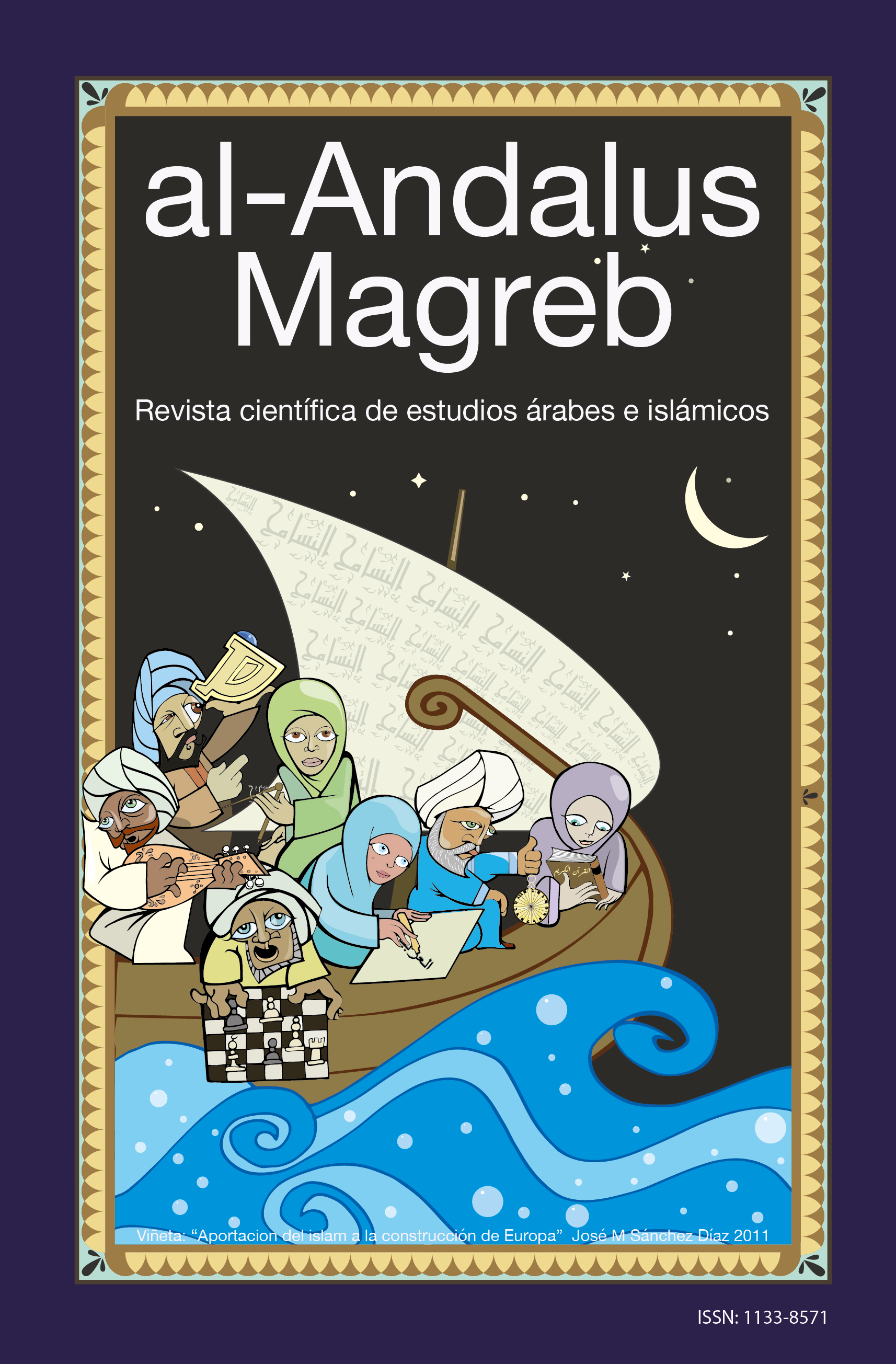A meaning-oriented approach to islamic idioms in the western algerian transnational community
Abstract
Language is one of the main constituents of transnationalism that is increasingly gaining ground in research. Language use leads to the creation and/ or preservation of connections between distant spaces, frequently across national boundaries (Jiménez et al, 2009). An idiom is a regularly used phrase in the language to carry its cultural and historical heritage and play a vital role in language use. However, at times its meaning might present a challenge while little is known about it in transnational contexts. This paper deals with idiomatic transnationalism in countries proclaiming Islam as their religion. Choice fell on western Algeria as a transnational study case where Islamic idioms make an important part of Arabic varieties and reflect diverse cultural and historical aspects of the Algerians’ everyday life. Not only language specialists are involved in transnational activities, but also individuals moving to Algeria, including immigrants, foreign business investors, European Erasmus students, in addition to emigrants leaving the country: Idiomatic understanding helps school foreign language teachers in the host country to better instruct their children. Therefore, this paper suggests the application of meaning-oriented model of foreign language knowledge (Purpura, 2016) to Islamic idioms as a way to contribute to the comprehension of Algerian transnationalism. It also attempts to check the extent to which this model applicability could be currently effective. Observation was undertaken to collect data and eighty eight informants were interviewed. Results showed that most of the model resources could be applied to the idiom collected. Yet, not all transnational individuals needed to go subsequently through all the model layers to reach idiomatic understanding and production in the present context. Further suggestions that might improve the newcomers’ proficiency of Islamic idioms in western Algeria were provided.
Keywords
Downloads
How to Cite
License

This work is licensed under a Creative Commons Attribution-NonCommercial-NoDerivatives 4.0 International License.
Those authors who have publications with this journal, accept the following terms:
a. Authors may retain their copyright and guarantee the journal the right of first publication of their work, which will be simultaneously subject to Licencia de reconocimiento de Creative Commons that allows third parties to share the work as long as its author is indicated. and its first publication this journal.
b. Authors may adopt other non-exclusive license agreements for the distribution of the version of the published work (eg: deposit it in an institutional electronic file) provided that the initial publication in this journal is indicated.
c. Authors are allowed and recommended to disseminate their work through the Internet (eg: in institutional telematic files or on their website) once the manuscript is accepted, which can lead to interesting exchanges and increase citations of the published work. (See El efecto del acceso abierto).
References
Bouhadiba, Farouk (1988): Aspects of Algerian Arabic Verb Phonology and Morphology, Unpublished PhD thesis, Reading, England.
Boussofara-Omar, Naima (2006): « Diglossia », EALL, n°1, pp. 629-636.
Crystal. David (1999): The Cambridge Encyclopaedia of The English Language, 4th ed, Cambridge: Cambridge University Press.
Davies, Maria González (2004): Multiple voices in the translation classroom: Activities, tasks and projects. Amesterdam and Philadelphia: John Benjamins.
Duff, Patricia (2015): «Transnationalism, Multilingualism, and Identity», Annual Review of Applied Lingusitics, n° 35. pp. 57-80. doi: 10.1017/S026719051400018X.
Ferguson, Charles (1959): « Diglossia », Language in its Social Context, 1972, pp. 232-251.
Howwar, Montgomery (2013): « Seeking the Nature of Idioms: A Socio-Cultural Study in Idiomatic English and Arabic meanings », International Journal of Scientific and Research Publications, n° 3, Issue 2, pp. 1-3.
Husni, Ronak and Newman, Daniel (2015): Arabic–English–Arabic Translation: Issues and strategies, New York: Routledge.
Jiménez, Robert, Smith, Patrick, and Teague, Brad (2009): «Transnational and Community Literacies for Teachers». Journal of Adolescent & Adult Literacy. International Reading Association. pp. 16-26. doi:10.1598/JAAL.53.1.2.
Lado, Robert (1961): Language testing, New York, NY: McGraw-Hill.
Purpura, James Enos (2004): Assessing grammar. Cambridge, England: Cambridge University Press.
Purpura, James Enos (2016): «Assessing meaning», Encyclopedia of language and education. Vol. 7: Language testing and assessment, New York: Springer International Publishing. doi: 10.1007/978-3-319-02326-7_1-1.
Purpura, James Enos & Dakin, J. W. (2019): « Assessment of the linguistic resources of communication”. In C. Chapelle (Ed.), The Concise Encyclopedia of Applied Linguistics: Assessment and Evaluation, Oxford, UK: Wiley, pp. 1-10.
Richards, Jack & Schmidt, Richard (2002): Longman Dictionary of Language Teaching and Applied Linguistics. Malaysia: Pearson Education Limited.
Yusuf, Ali (2000): The Holy Qur’an. Translation.UK: Wordsworth Editions Limited.
عرموش أحمد راتب (1988) موطأ الإمام مالك⁚ رواية يخي بن يحي الليثي. لبنان، دار النفائس للطباعة و النشر و التوزيع.







